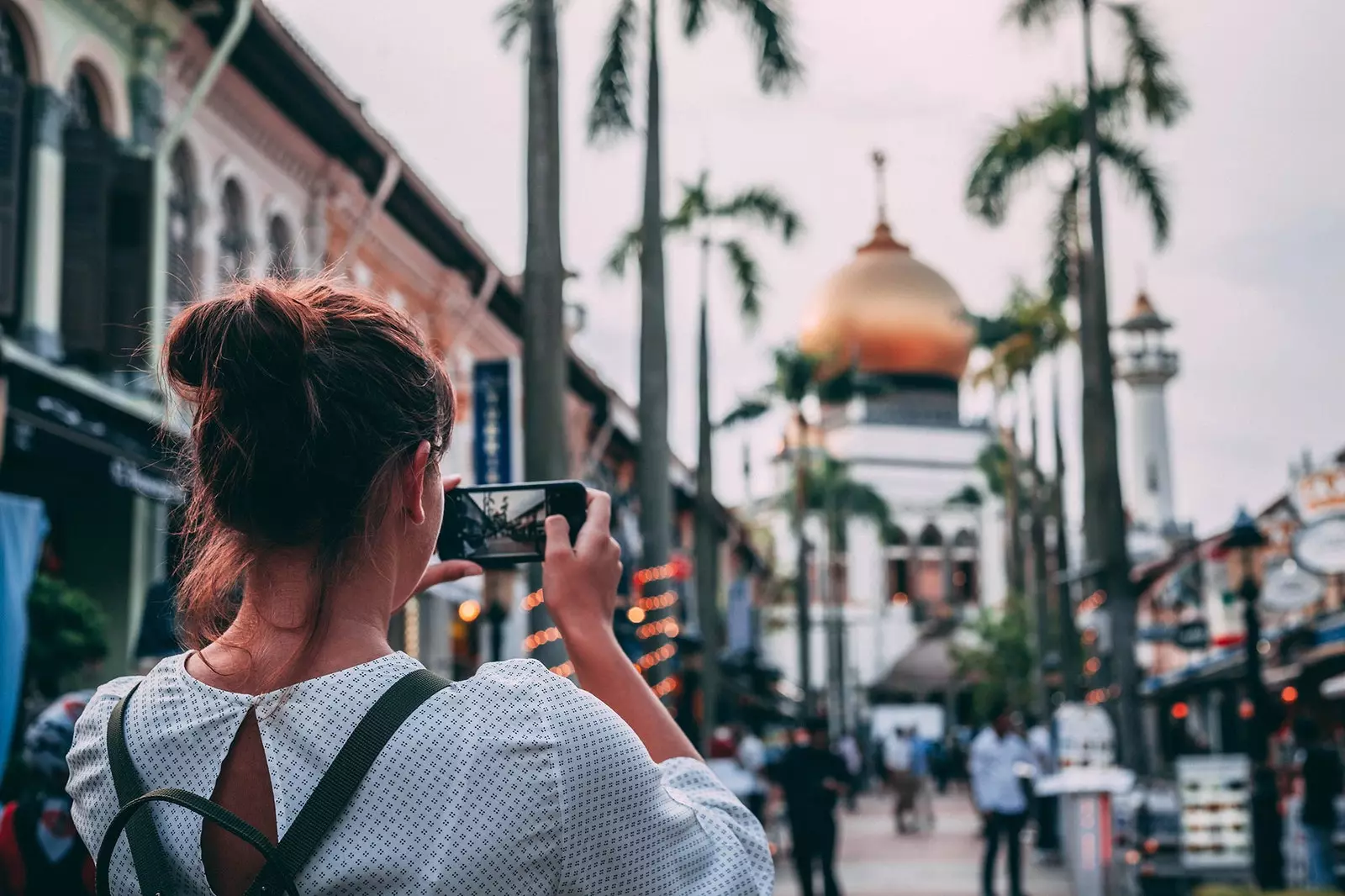
Will we be afraid to travel?
The extraordinary situation we are experiencing these days, with the borders of much of the world closed, makes us wonder: what will it be like to travel again when all this is over? It's more, What will it even be like to go out on the street again?
"In the beginning, I think we will still have that psychosis of looking when someone coughs, or don't get too close to people ... We will still have those patterns in mind, because this fear that we are having right now I think will extend to the first times we go out, it will be inevitable," Manuela, an Infant teacher, tells Traveler.es.
She, who is also a mother, also considers that the first days that the children are allowed to go out another fear will also be noticed, one that she already perceived at the beginning of the health crisis. "With all the talk about children being contagion vectors, people tended to stay away from my son, almost two years old instead of doing nothing or even cuddling like before.
"We have a lot of information that puts us in thousands of situations inside our heads, and that generates a lot of fear and uncertainty, but I think we will acclimatize sooner rather than later on the way back . It is not the first quarantine in history, and before this, the previous ones were not even talked about, so I understand that it is something that is endured, "considers psychologist Alicia Gutiérrez.
Thus, she considers that those who currently work outside the home will easily adapt to life as we knew it before. "They're looking forward to working their 'normal' hours and then being able to have their 'normal' leisure. I think it's the most affected group right now , because he has to give it his all at work, but he can't go out and clear his head when they're done".
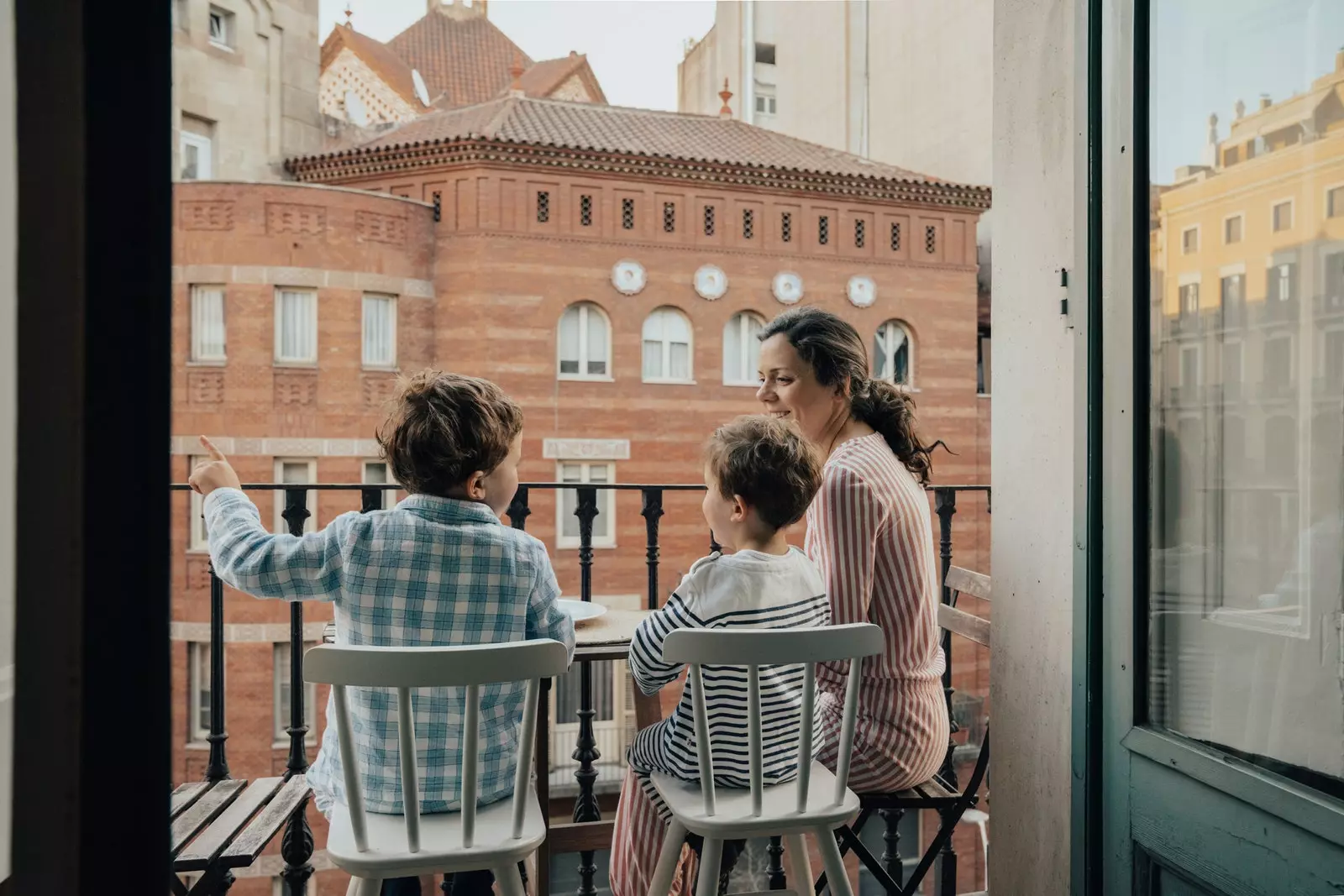
The fear of going beyond the balcony
It also distinguishes those who, more than confined, they are "trapped" : "There are people who live alone or with people they don't feel comfortable with. Feeling trapped in your own home is a horrible feeling. This group is wanting to return to their normal lives to escape," she says.
Lastly, she speaks of those who are at home "and needed a break", that is, "people who led a very hectic pace of life with traffic, meetings, many hours away from home, many schedules. In reality, they needed a vacation for a long time , and now, finally, they have time to stop and spend some time with themselves. I think they will be the ones that assimilate the return the worst, and on the contrary, they are the ones that are coping best with all this. The good part is that they will return with their batteries charged," says Gutiérrez.
"Until now, I have spoken of a 'healthy' population," the expert clarifies. "Of course, we also meet a fourth group, which are the relatives of a patient of Coronavirus or the patients themselves, a situation that can generate a certain fear of leaving the house when this is over. Leaving has had very negative consequences for all of them, so maybe they will experience something like a small episode of post-traumatic stress."
"I dream of everything being normal again, and hugging my family and friends... but this distance from the subway is affecting me so much that, even when I see people very close together on television , I don't care", says Inma, giving voice to a common feeling in many people these days.
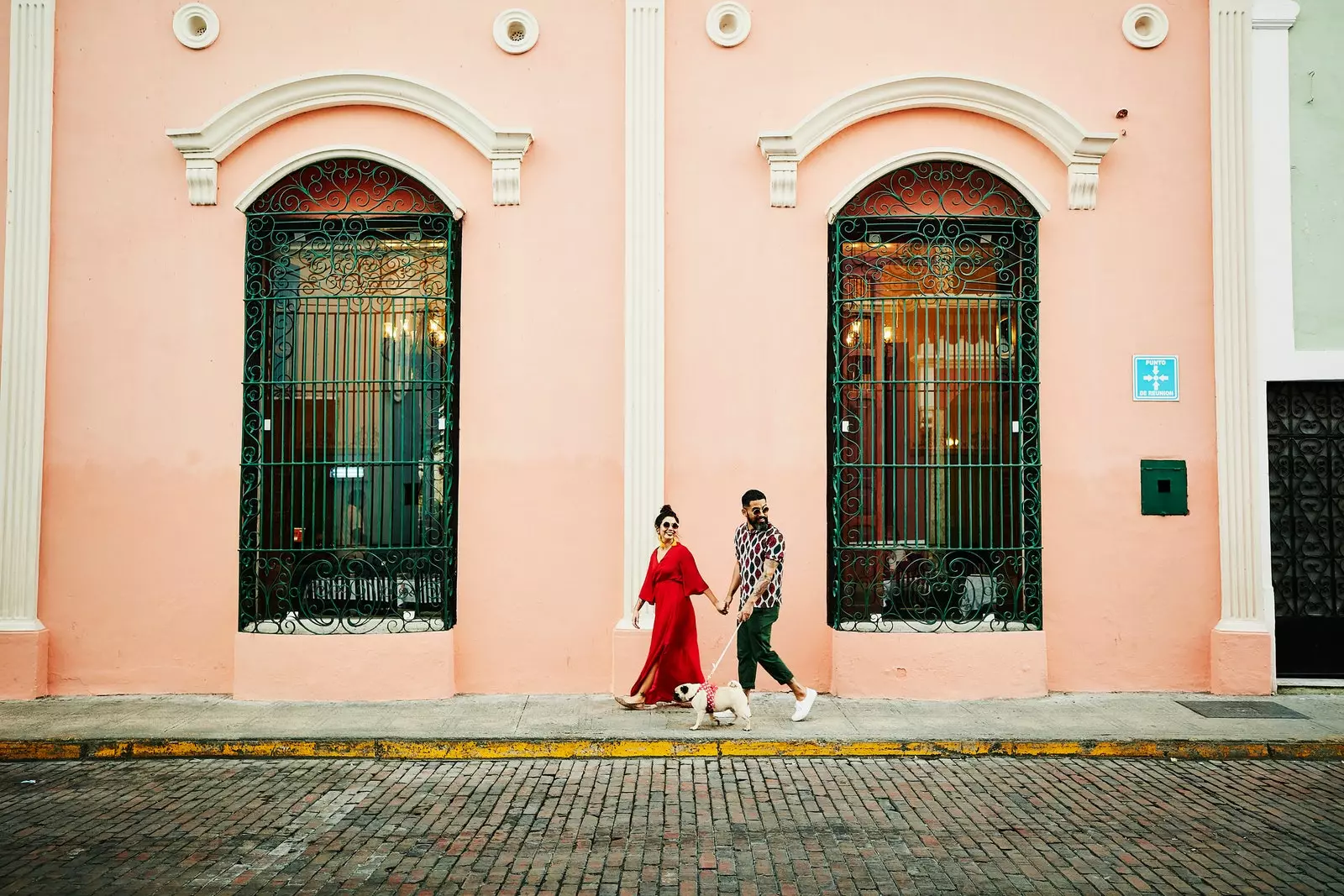
There are those who get nervous seeing people "too much" together
"The ways of relating are going to change a lot: contact between people will be lost for a while . The kisses, hugs and others will be virtual, like much of the sex that has been practiced in recent times," says Luis, retired.
Both of them consider, just like Manuela, that It's going to take a while to get back to normal . In fact, it will probably take us a while to return to that 'normality' even a little longer out of obligation, since it is expected that the restrictions on approaching others will still extend beyond the period of confinement, as has happened in Wuhan.
Despite everything, according to the psychologist, one should not be obsessed with avoiding these misgivings, but live with them. "Doing scary things without feeling afraid is impossible. It is normal to go out on the street at first with some fear . On an evolutionary level, fear is what makes us take care of ourselves and encourages survival," she says.
"The question here is go out in fear and not let him decide for us . On the first day, it will accompany us a little longer, simply because its function is to prevent something 'bad' from happening to us. When we go out several times, and the fear sees that there is nothing to protect us from, it will go away ".
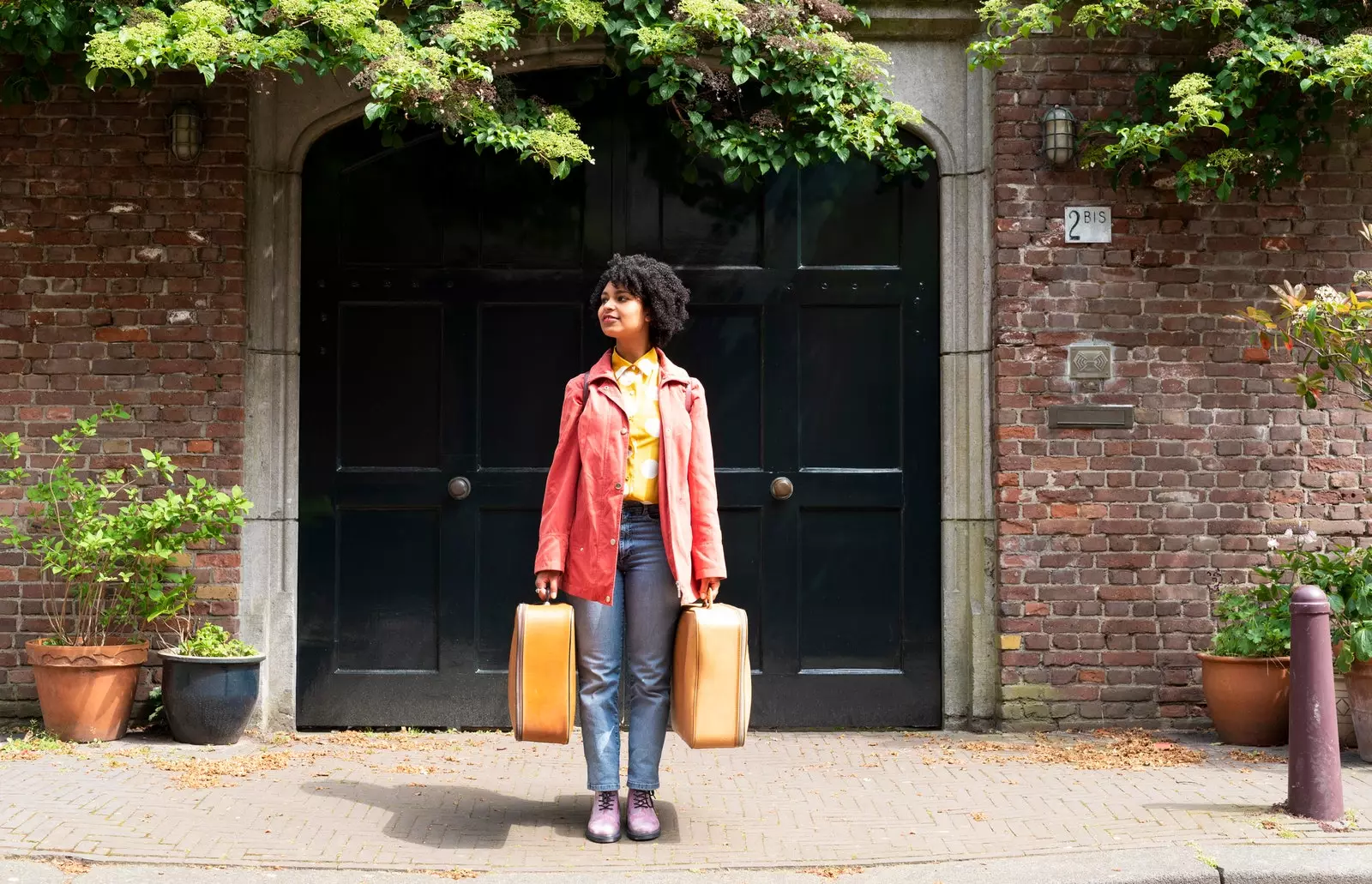
After all this, maybe we'll put some 'extras' in our suitcase...
WILL WE BE AFRAID WHEN TRAVELING?
If there are those who believe that fear will affect us when going out to the street below the house, what reaction can we expect when considering longer distances, typical of a trip? "I think that some fear if I will have ... Until some time has passed, I think the vast majority will feel it," analyzes Cristina, a worker in the tourism sector.
"And I think we'll also approach travel differently, maybe we'll bring things that we didn't bring before, like disinfectant gel, gloves or mask , and we will think about things that we did not consider before. For example, I would study beforehand alternatives to leave the country I am going to, in case something happens, "she says. "I would also take out insurance that covers 'special' setbacks ".
"Whenever there is a crisis or major events take place, such as attacks, I am very afraid to travel ", confesses Inma, also a teacher, who admits that the feeling has increased as she gets older. Manuela, for her part, believes that the trips she will make in the future will be within Spain, "to reactivate the economy", and, above all, in order to visit family and friends.Of course, he is also considering including new items in his luggage, such as the aforementioned disinfectant gel and even a first-aid kit.
"I will continue to travel beyond my means, as always," laughs Macarena, ground staff at an airline. Of course, I am not going to touch the tray of a security control again without gloves, and I consider hand sanitizer essential in the bag of liquids. Although I have always told my mother: ' If I die on a trip, I will most likely die happy' , so it is not in my plans to stop traveling, although of course I will choose the country according to the circumstances".

There are those who, whatever happens, will continue to travel happily
Luis, a great traveler who has stopped going out so much in recent times due to the overcrowding of tourists, which he considers "absolutely uncomfortable", affirms that people will continue to travel... but perhaps not so the elderly.
"How are they going to explain to us, the elders, that we are being parked in some places as in times of plague or cholera , that we may not have access to hospitals? I have a feeling that, as I have heard from many young people lately, it seems that at a certain age, it is almost better to let go. With what guarantees are we going to travel again? Will Imserso planes be filled, as has been happening until now? I think not," she says pessimistically.
Susana, who is also elderly, is not of the same opinion. " Afraid to travel? That is not in my plans . Although because of my age I am included in the population at risk, I have always been a daring, risky person, living on the edge of the limit. I'm not sorry! That word is not in my vocabulary. I'm waiting for May to get on the first transport that takes me to kiss my son, "she says.
There are also those who are not exactly afraid of travel... but of the new reality in which we will live when the restrictions are lifted. I am afraid to leave the country in case something happens to my grandmother with a second wave ", admits Miguel Ángel, a communicator. "On the other hand, I had a planned trip with friends and let's see what happens, because they no longer have a job, or if they do, maybe they have to work longer and can't take that vacation.
Gutiérrez, for his part, considers that the travel industry will be reactivated little by little. "I don't think everyone will start buying flights as soon as the restrictions are lifted, but as the bravest start traveling and the rest see that nothing happens, they will perk up. Of course, the countries most affected by the virus will take longer to be visited ", he thinks.
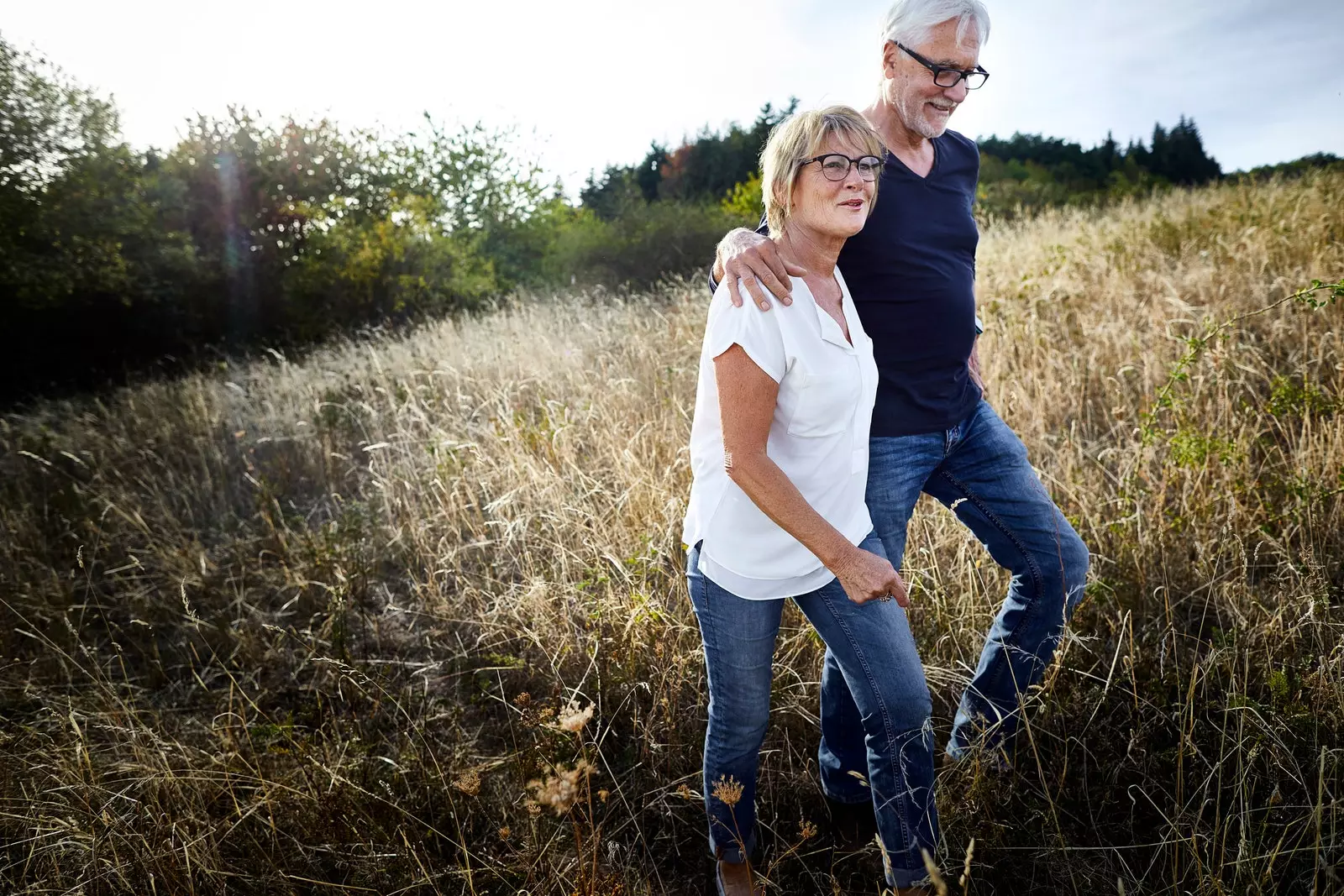
Perhaps the elderly will be more reluctant to travel soon
Of course, according to the specialized tourism media Skift, the provider of digital marketing solutions for travel Sojern is already seeing positive signs of recovery in the Asian market. In this way, since the cases began to decrease in South Korea from March 11, South Koreans have increased the number of hotel reservations compared to the previous month of your country for the next two months.
"National hotel searches are almost level with last year's numbers, and bookings are increasing from the week of February 23", reads the web. For their part, Chinese citizens are already looking for where to travel during China's National Day (early October) and during the new year (which will take place in February of 2021).
Thus, given the global nature of this crisis, the psychologist considers that those who already had prejudices towards other cultures will increase them, while those they barely had will decrease. "My personal opinion is that the Coronavirus has shown that it does not make distinctions of race, sex, socioeconomic level or lifestyle. In the end, on the one hand, it teaches you that 'you cannot trust anyone', because anyone can have it, even oneself without knowing it, and yet, for another, puts us all in an equal position".
